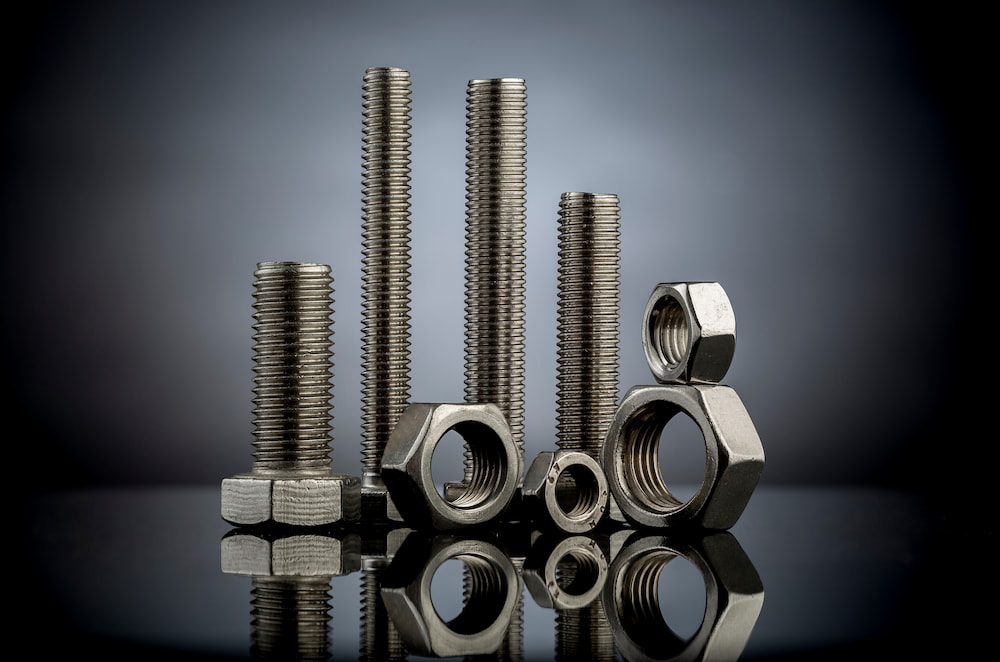| Stainless Steel | ASTM / ASME SA 312 GR. TP 304 , 304L , 304H, 309S ,309H , 310S, 310H , 316 , 316TI , 316H , 316 LN , 317 , 317L , 321 , 321H , 347 , 347 H , 904L . |
| High Tensile | 8.8, 10.9, 12.9, 14.9 |
| Duplex Steel | UNS NO S 31803, S 32205, S 32550, S 32750, S 32760. |
| Carbon Steel | ASTM / ASME A 335 GRP 1, P 5, P 9, P 11, P 12, P 22, P 23, P 91 |
| Alloys Steel | ASTM / ASME A/SA 193 / 194 – B 6, B 7/ B 7M, B 16, 2, 2HM, 2H, GR 6, B 7, B 7M |
| Nickel Alloys | Nickel Alloys 200, Nickel Alloys 201 |
| Hastelloy | Hastelloy C-22, Hastelloy C-276, Hastelloy C-2000, Hastelloy C-4, Hastelloy X, Hastelloy B, Hastelloy N, Hastelloy G |
| Inconel | Inconel 600, Inconel 601, Inconel 625, Inconel 625LCF, Inconel 686, Inconel 718, Inconel 800, Inconel 825, Inconel X-750 , Inconel 690, Inconel 602, Inconel 617, Inconel 925, Inconel A-289, Inconel AL-6XN, AL-904L |

